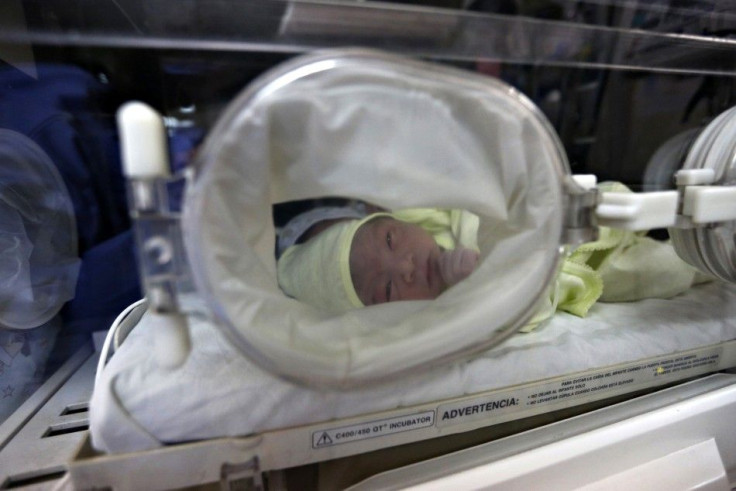New Zealand Unlikely To Follow UK In Allowing Babies Born From DNA Of Three Parents

British MPs have recently approved a law to legalise an IVF technique designed to prevent babies from inheriting serious diseases from their mothers. After years of medical research and heated debates, the method is finally declared legal, but experts believe the same legislation would be unlikely in New Zealand.
The method involves taking the genetic material around the nucleus of the cell from a healthy female donor and combining it with the DNA of two parents to prevent defective genes from affecting the baby. Despite its medical benefits, the Advisory Committee on Assisted Reproductive Technology said the long-term clinical effects of the treatment would need to be monitored before New Zealand can approve the same legislation, Radio NZ reports.
ACART chairperson Alison Douglas said there are ethical issues in the UK legislation, such as the donor’s anonymity that would be in conflict with New Zealand laws. She added that ACART will have to monitor the results of procedure before making a recommendation to the Ministry of Health.
Wayne Gillett, professor of obstetrics and gynecology at the University of Otago, said mitochondrial diseases such as blindness, diabetes and muscle wasting illnesses, affect only a few people. Professor Gillett remarked that the treatment in UK was a breakthrough. Although New Zealand has the facilities and expertise, he doesn’t think the government should rush to introduce the same legislation, at least until results are reviewed.
Mark Henaghan, Law professor at the University of Otago, said New Zealand has laws in place for more than a decade that allowed people to choose a mother’s healthy embryo. He explained that current laws allow embryos to be tested for carriers of disease. The mother can choose the healthy embryo for IVF since not all embryos will be disease carriers. Henaghan explained that the concept is the same as using three types of DNA.
Meanwhile, in Australia, the Australian Mitochondrial Disease Foundation said it has been urging the government to change its position regarding the ban on the use of donor DNA, ABC reports. Following the developments in the UK, the organisation is hopeful that the country will launch a review.
To report problems or leave feedback on this article, email: r.su@ibtimes.com.au.





















